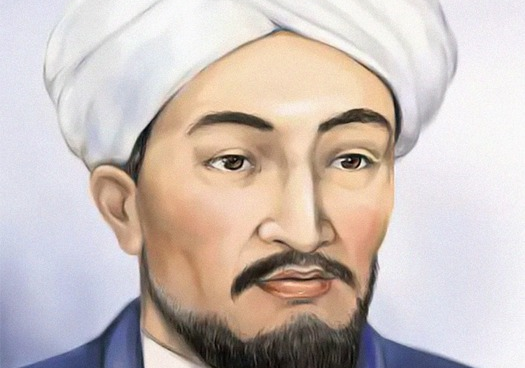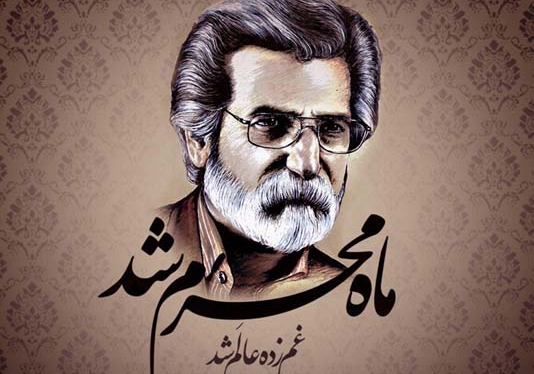
Ibn Miskawayh: Rational and Wise
LIFE
Ibn Miskawayh moved to the Buhian region of Baghdad in the third decade of his life and spent 12 years in the company of Abu Mohammad Mahlabi, the vizier of Mu’izz al-Dawla Daylami. He also worked for Ibn Amid, the vizier of Rukn al-Dawla, for seven years and was in charge of managing his library in Ray. After Ibn Amid’s murder, Ibn Miskawayh protected the library from vandalism and theft. However, he refused to cooperate with Saheb ibn Abbad (An Iranian scholar and statesman, who served as the grand vizier of the Buyid rulers of Ray from 976 to 995). He then moved to Shiraz to serve Izz al-Dawla Dayalami as his librarian. Thereafter, he served Izz al-Dawla’s son, Samsam al-Dawla. Ibn Miskawayh was a contemporary of Ibn Sina (Avicenna) and was also kept in touch with Abu Hayyan Tohidi and Badi al-Zaman Hamedani through correspondence. He was undoubtedly an important figure of his time and had mastery over such fields of knowledge as history, kalam (Islamic Theology), philosophy, and medicine. He was also fascinated by alchemy and the occult. His perception of religion was rather philosophical and quite rational and like Farabi and Ikhwan al-Safa, he believed in philosophical Shiism.
Works
Ibn Miskawayh worked thoroughly on issues such as theoretical wisdom, practical wisdom, self-purification, and morality, to the extent that some chose the nickname “the third teacher” for him. He has also been referred to as one of the most prominent scientists in history. “Javidan Kherad” which is also known as “Adab ul-Arab wa al-Fars” is a compilation of maxims from different cultures all around the world. Ibn Miskawayh was highly influenced by Aristotle and Plato in philosophical thinking. In his books “Tahzib ol-Akhlaq” and “Alfoz ol-Aghar”, Ibn Miskawayh criticized the likes of Hippocrates of Kos, Galen, Pythagoras, and Proclus. He has, indeed, left behind some precious works on the history of Islam, philosophy, and ethics. Tahdhib ul-Akhlaq, Tathir ul-A’raq, Tartib al-Sa’da, Alfoz ol-Asghar, and Alhekmat ul- ul-Khaledah are among some of Ibn Miskawayh’s most important works in the fields of ethics and philosophy. His most important and comprehensive book on ethics is “Tahzib ul-Akhlaq”. Traces of being influenced by Greek philosophers particularly Aristotle can easily be seen in the mentioned book, which became a source of influence on thinkers who lived after him (Khajeh Nasiroddin Tousi, Imam Muhammad Ghazali, etc.). In the mentioned book, Ibn Miskawayh argues that the human soul consists of rational, egoistic, and instinctive aspects, which accommodate wisdom, courage, and chastity, respectively. Ibn Miskawayh believes that the fourth human virtue is justice, which is tasked with balancing the first three mentioned virtues. Ibn Miskawayh was a devout follower of Aristotle and evidently believed that everything in the universe moves towards goodness. Historians also speak about Ibn Miskawayh’s ideological loyalty to Plato. “Tajarob ol- Omam” is a book in which Abu Ali Miskawayh expresses his economic ideas.
Demise
Apparently, Ibn Miskawayh’s demise took place in 420 or 421 AH (1029 AD) in Isfahan. Sayyid Muḥammad Baqir Khwansari, known as Ṣahib al-Rawdat has mentioned that Ibn Miskawayh was buried in the Khaju neighborhood of Isfahan in the garden that faced Imamzadeh Baqir and has been lost over time.
| Name | Ibn Miskawayh: Rational and Wise |
| Country | Iran |
| Nickname | Ibn Miskawayh |
| Production Time | Born 932AD Died 1030AD |
| Works | “the third teacher” . “Javidan Kherad” “Adab ul-Arab wa al-Fars” “Tahzib ol-Akhlaq” “Alfoz ol-Aghar” “Tahzib ul-Akhlaq” “Tajarob ol- Omam” |
| Type | Academic |


Choose blindless
Red blindless Green blindless Blue blindless Red hard to see Green hard to see Blue hard to see Monochrome Special MonochromeFont size change:
Change word spacing:
Change line height:
Change mouse type:
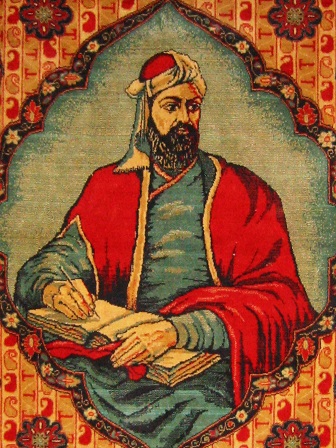


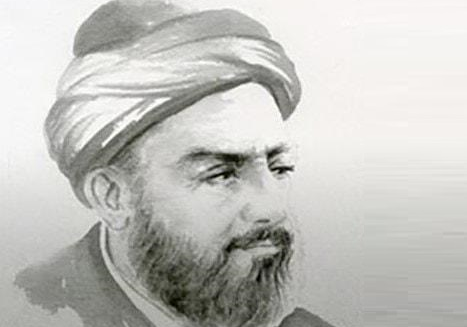

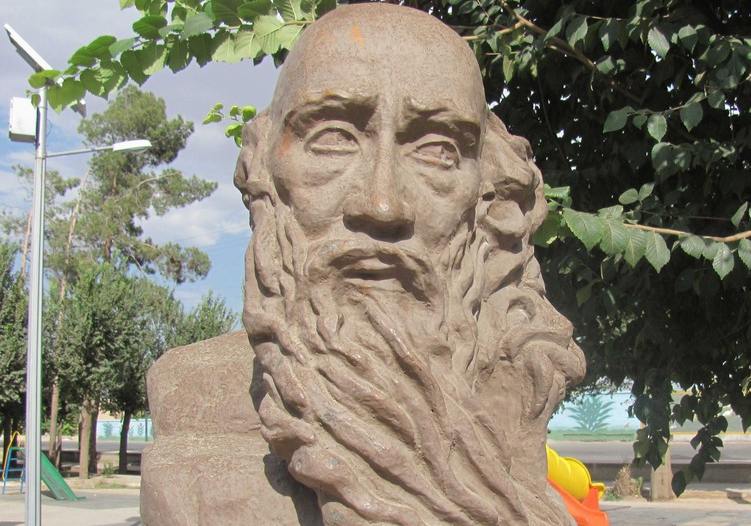

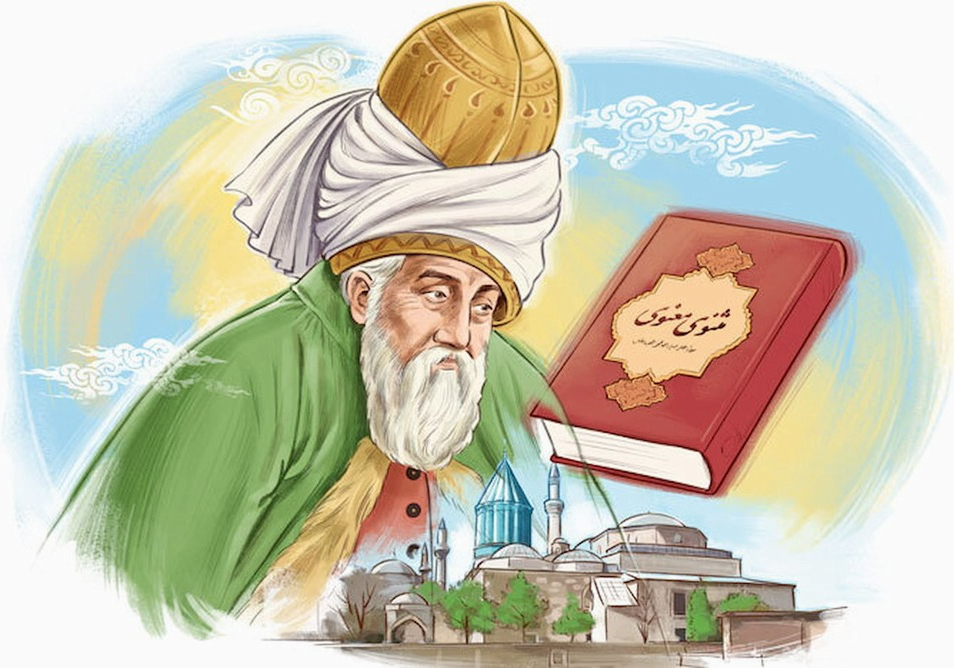

(b)_crop_8.jpg)
